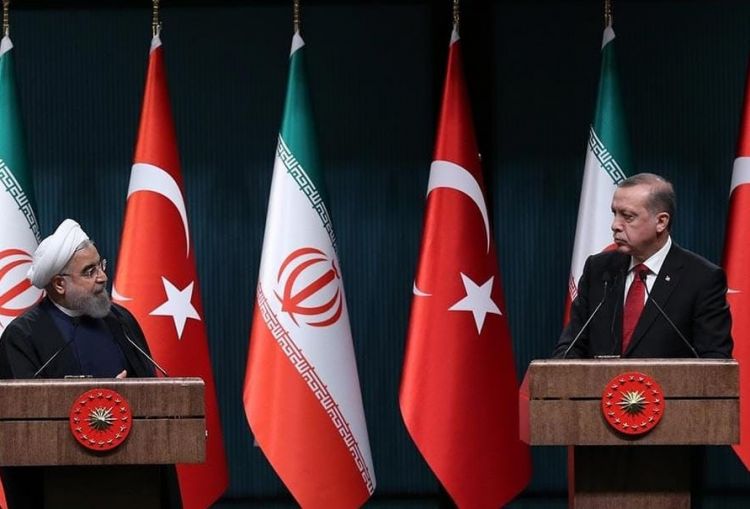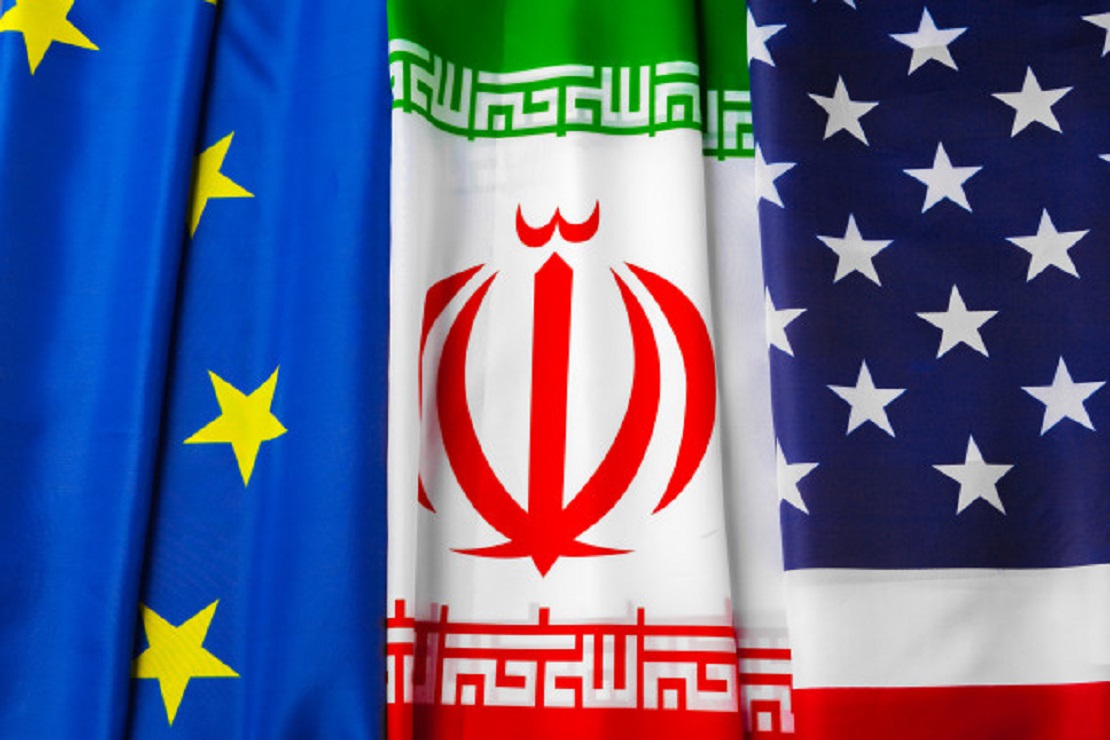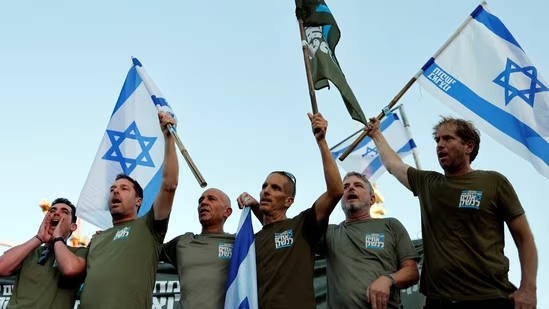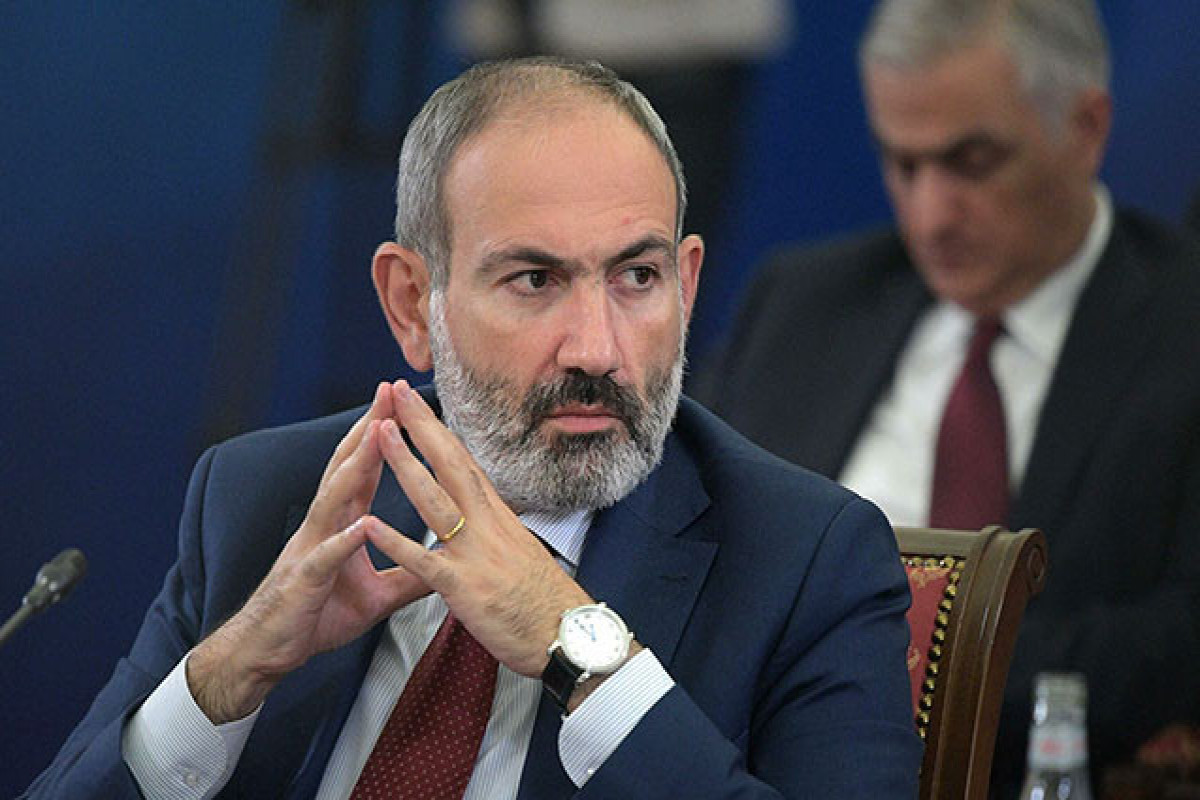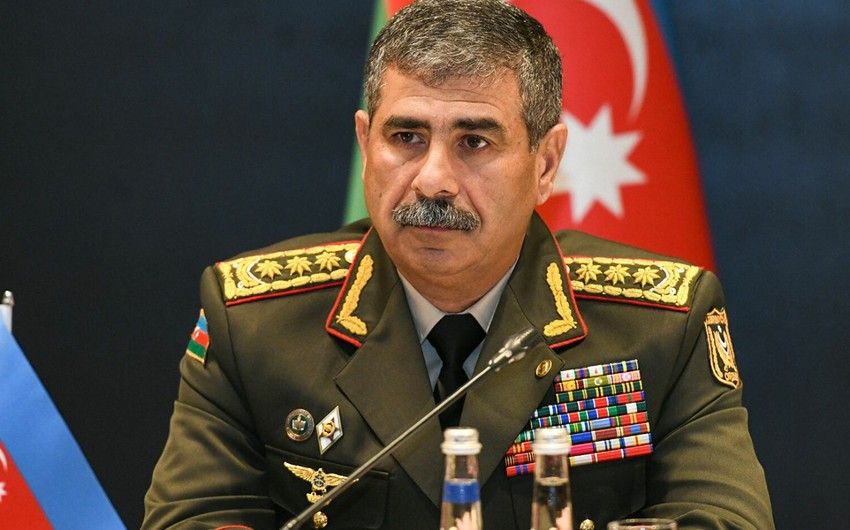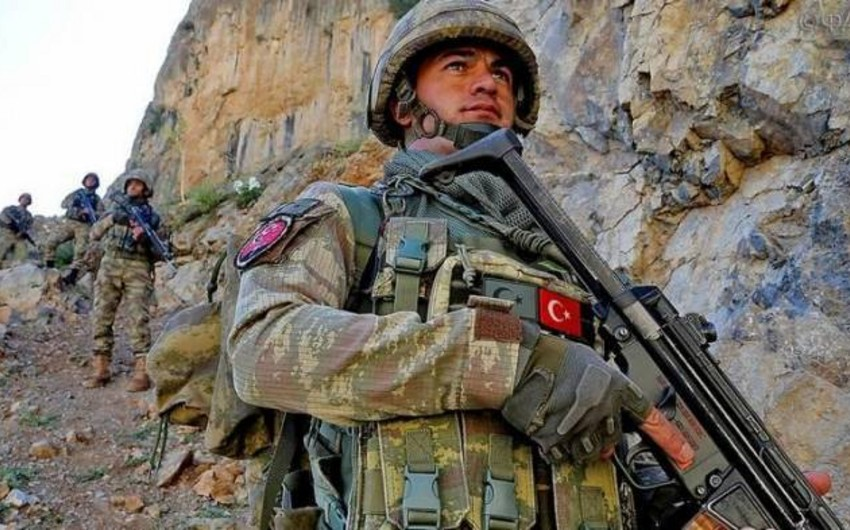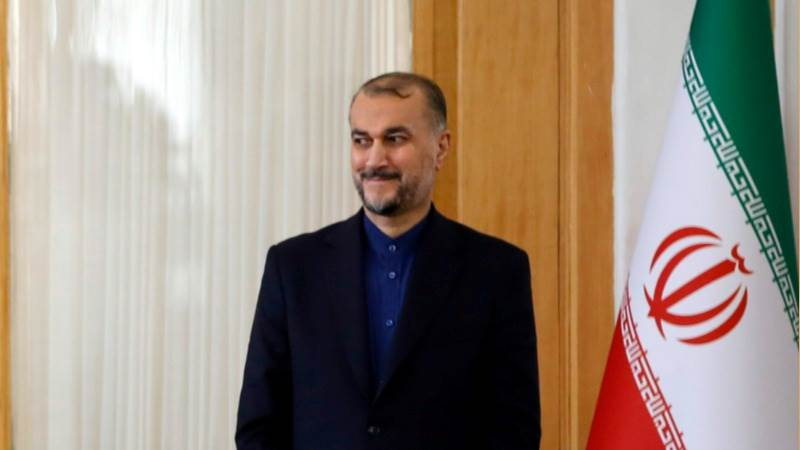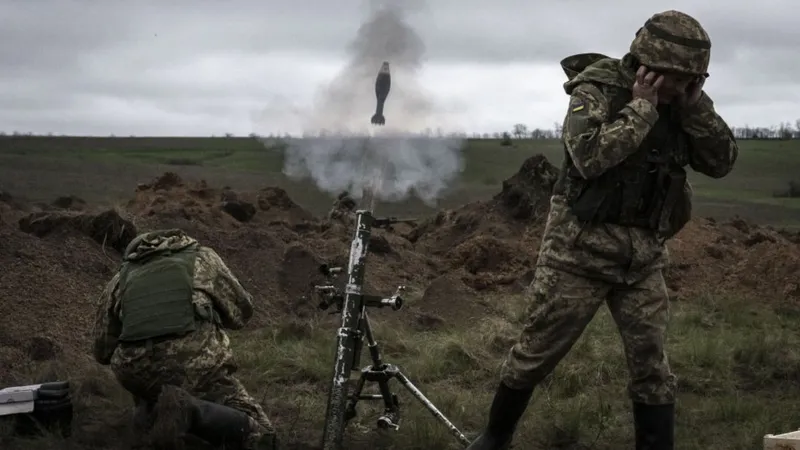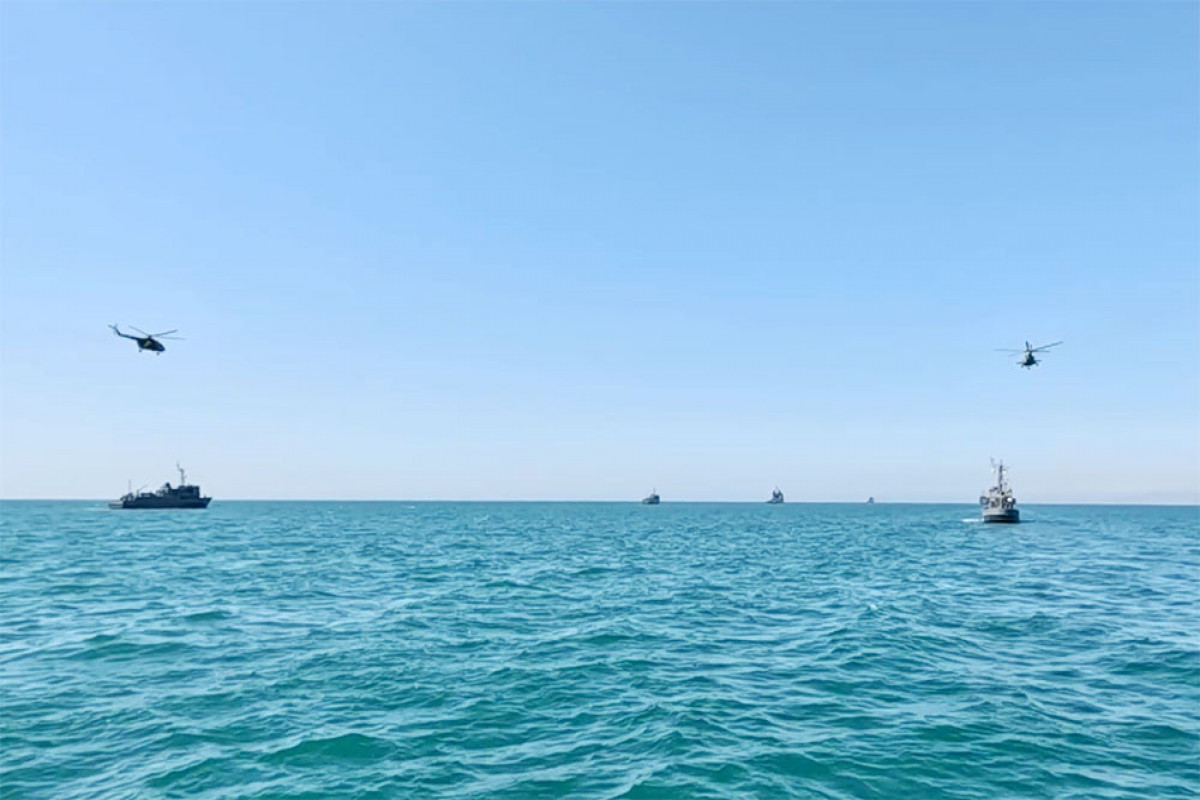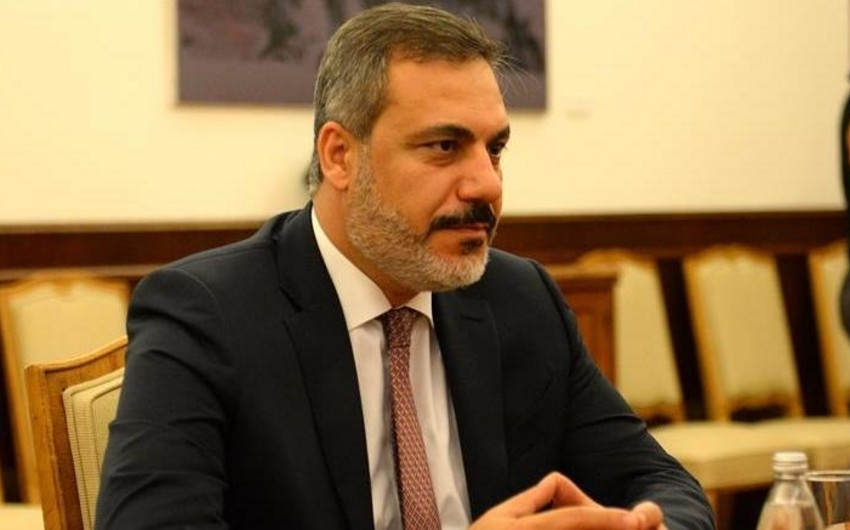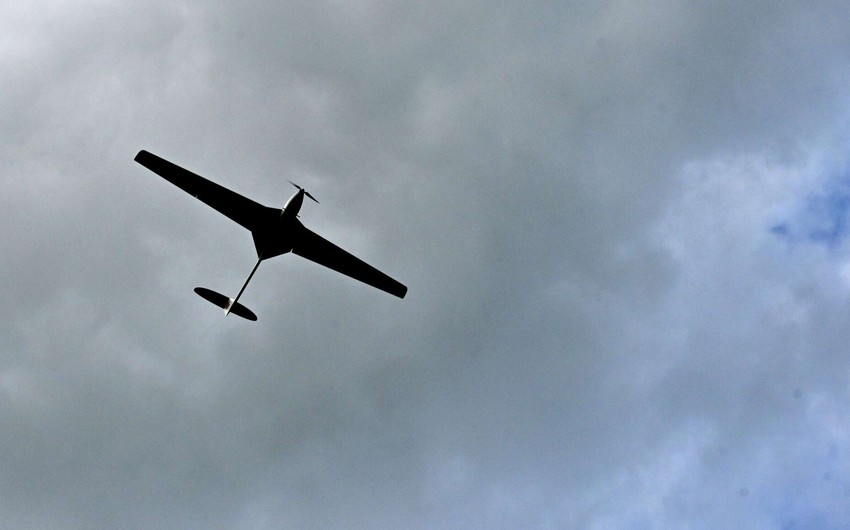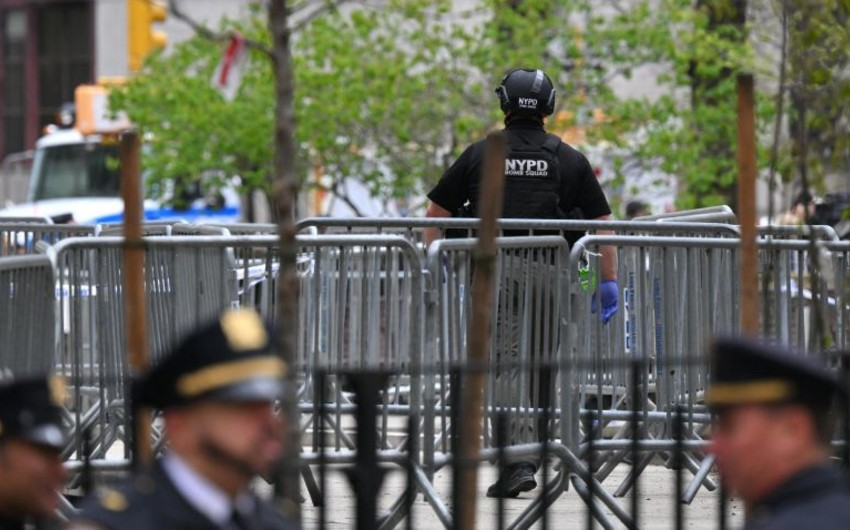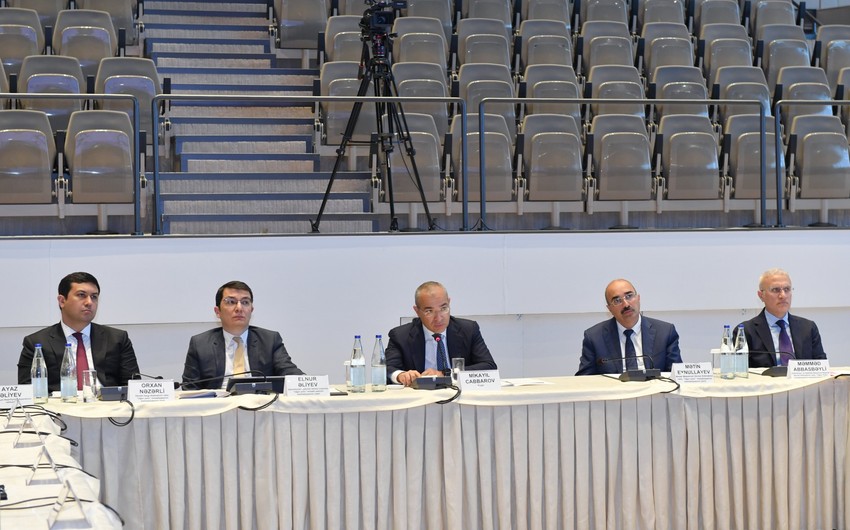The Second Karabakh War that happened last fall has brought about the alteration of the geopolitical situation in the region of the South Caucasus. As Russia has kept its traditional strategic power along with increasing military influence in the South Caucasus, Turkey has managed to enter the region as the second regional power. Iran is the only country that could not achieve any gains from the Karabakh War. It could be the third factor in the region.
The determination of the fate of the geopolitical situation connected to peace and stability in the South Caucasus is still unforeseen.
Number of experts have started to argue on what circumstances could occur further in the South Caucasus in the context of Russia-Turkey-Iran cooperation or competition.

To clarify these issues, Eurasia Diary conducted an exclusive interview with Mehmet Fatih Oztarsu, a Turkish expert on Caucasian studies, regarding the current geopolitical circumstances in the South Caucasus. In his interview, he shared his views on the prospects of Russia-Turkey-Iran cooperation as well as their competition over the spreading of their geostrategic interests in the region.
- Mr Fatih, what is your opinion about the geopolitical situation in the South Caucasus after the end of the Second Karabakh war?
The last war has changed the balances in the South Caucasus region. The alteration of the status quo brought a new situation in which Russia became a game-changer and strengthened its power. Additionally, Azerbaijan recaptured the occupied territories, and Turkey obtained an opportunity to involve in the new process with its military presence. However, there are some concerns regarding the post-war status.
Firstly, the territorial integrity of Azerbaijan is under question because Armenians still have a partial right of authority. Secondly, Russian peacekeepers will stay there for five years. There is an unknown process about future status. Thirdly, a possible governmental change in Armenia might play a negative role in the current condition.
- The joint Russia-Turkey monitoring center opened in Karabakh in late January allowed Ankara to send troops to Azerbaijan. Do you see any opportunities for Turkey’s military enlargement in Azerbaijan in the near future?
This issue was an unforeseen development that abruptly came from Russia. There might be several reasons for this.
Firstly, Russia wanted to present a new image as a constructive power because Moscow received a negative reputation in the 2008 Georgia-Russia War and the 2014 Annexation of Crimea. Secondly, Moscow calculated that Turkey tends to become closer to the Russian side after holding a tumultuous relationship with the West for several years. At the same time, the two sides had a confrontation concerning the Syrian and Libyan issues. Hence, it was an opportunity to establish a new relationship format that can play a supportive role in the ties. Thirdly, Russia immediately took action before the US presidential elections. The timing enabled Russia to extend its influence in the region and set a new type of military presence. The engagement of a Western ally was a smart idea to avoid objection from the Western world.
I can say that this circumstance is fragile and uncertain because all of the formations are based on leadership decisions in where institutions don’t play an active role. Consequently, presidential changes on both sides would directly affect this partnership in the coming years.
- Iran fears that Turkish influence in Azerbaijan could actually be a launching pad for a much bigger ambition harboured by Ankara - the spread of Turkish influence in the Caspian basin and beyond to Central Asia. What reasons making Iran concern about Turkey’s growing influence in the region of the South Caucasus?
Iran has challenging geography possessing borders in the Caucasus and the Caspian Basin. There are big rivals such as Russia and Turkey as well as their allies, Armenia and Azerbaijan.
Iranian fear is an apparent reality. There are several reasons based on the current political situation and some historical events. Firstly, the South Azerbaijan region (North-western Iran) has always been a transit route for Azerbaijani people throughout history. This issue enabled people to spread their ideologies and political movements, as we can see in the emergence of Turkish nationalism at the beginning of the 20th century. Secondly, there is more than 20 million Azerbaijani Turkish population in that region. Naturally, this is a potential concern for Tehran in the case of national security. Since the early 1990s, this issue has played an enormous role in shaping Iranian foreign policy preferences. Therefore, Tehran is always sceptical about these people, Azerbaijan and Turkey.
Additionally, the Iranian position towards the Nagorno-Karabakh problem presents many examples to understand Tehran’s contradictory policies. For example, we can expect that the Islamic Republic should directly support Muslim Azerbaijan in the territorial conflict, but Tehran preferred Christian Armenia.
Turkey stands as a regional rival as these two countries share a historical competition over the region. The overt support of Turkey to Azerbaijan in three-decades directly affected the Iranian approaches to Armenia and Azerbaijan. This case caused the emergence of strong relations between Iran and Armenia. Yerevan played a role as a stabilizer in the region for the Iranian policies. Tehran officials also tried to keep normal ties with Azerbaijan that guarantees a benefit on economic and energy relationship. On the other side, Turkey is a NATO ally and a significant partner of the Western countries. If Iran allows Turkey to spread its influence, the Western bloc would gain advantages in the region.
- For some experts, Russia could be a viable possibility, which fears Turkish influence in the region, could sanction Iran’s wider involvement in the region through diplomatic moves. It is both states’ interests to cooperate in obstructing western military (NATO), normative and economic (EU) influence in the South Caucasus. What do you think about the prospects of Russia-Iran cooperation in the region? Do you think that there could be such a situation leading Moscow and Tehran to engage in the joint struggle with Turkish influence in the South Caucasus?
Russia’s approach towards Turkey doesn’t draw a picture of a red alert about the influence challenge. Both countries have a presidential level of communication which accelerates solution methods of common problems. Recently, Russia offered the establishment of a Joint Monitoring Centre with the participation of the Turkish army. Therefore, Moscow encouraged Ankara to take part in the regional affairs after observing the increasing level of Turkish political and military power in the previous years.
Currently, Turkey doesn’t pose a big danger as a NATO member in the eyes of Russia in this region due to the current balances. The NATO-Russia relationship has cooperation and confrontation aspects in different geographies. Thus, it is hard to claim that Russia has a joint struggle with Iran against Turkey. Maybe, it can change later.
Today, the Russian-Iranian cooperation adopts common prospects of economic and political issues but nothing more. Iran also couldn’t gain anything from the Nagorno-Karabakh. But the situation can alter in time if we see a change in governments.
by Yunis Abdullayev
Dr. Mehmet Fatih Oztarsu earned his PhD at Hankuk University of Foreign Studies in Seoul. He also completed his International Relations bachelor’s and master’s degree in Azerbaijan, Armenia and Georgia. He is the only Turkish analyst who studied and lived in the three capitals of the Caucasus region. He works on regional studies with the focus on South Caucasus, Central Asia, ethnic/regional conflicts. He worked as a media observer in the USA with the partnership of the International Center for Journalists and joined the politics and leadership program of the Atlantic Council in both Washington DC and New York. He is a member of the Young Turkey Young America fellowship program at the Atlantic Council. In Turkey, he worked for some think tanks such as Stratejik Düşünce Enstitüsü (SDE) and Economic Policy Research Foundation of Turkey (TEPAV) on the same field. Now he is an analyst at Wikistrat Inc. He writes articles on Caucasus-Central Asian-East Asian affairs for various newspapers in Caucasus countries and South Korea. He is South Korea representative of BİRSAM – Birlik Stratejik Araştırmalar Merkezi in Istanbul and Co-president of Strategic Outlook Institution which is one of the most effective English-based research portals on international relations in Turkey.

